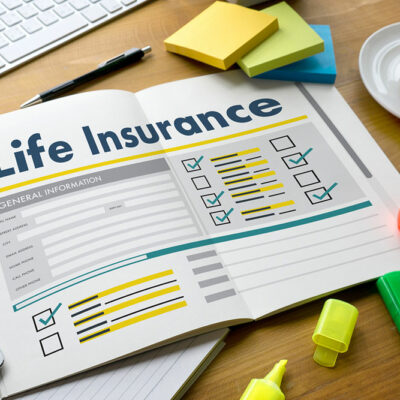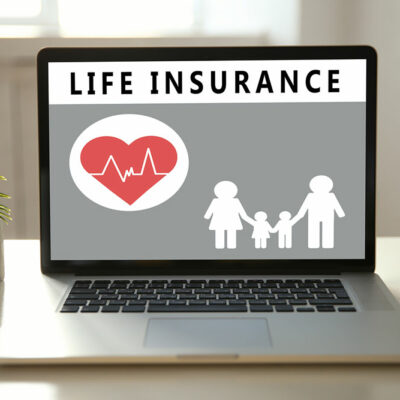
6 reasons to buy cruise insurance
Cruise trips let one relax and enjoy the open seas. While aboard, individuals can benefit from several entertainment options and amenities. There are dance sessions, indoor games, pools, parties, live music, delicious food, and lots more. Still, cruise trips can be expensive and sometimes even lead to unexpected incidents. That’s why having cruise insurance is important. It covers the cost of dealing with unforeseen circumstances, ensuring one’s holiday does not lead to financial hardships. Cancellation coverage When booking a vacation, one must always be open to the possibility of things not working out. There might be changes at work, a last-minute invitation to an important event, or something else one cannot control. In such situations, one might have to cancel their trip. One might even need to cancel because their health hasn’t been great the last few days or a family member has had a health emergency. Canceling the cruise booking can lead to a lot of worry because the individual might lose the money they put into making the reservations. Sure, one can try using their travel insurance, but most cruise bookings have strict policies for cancellations that regular travel insurance might not cover. People can lose all the money they put into the vacation without even having the chance to enjoy it. But with cruise insurance, travelers can rest assured that they will not lose money because of last-minute cancellations.
Read More 







